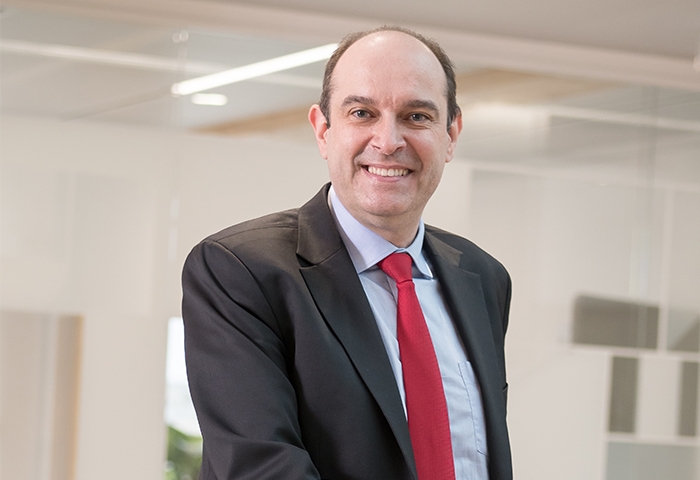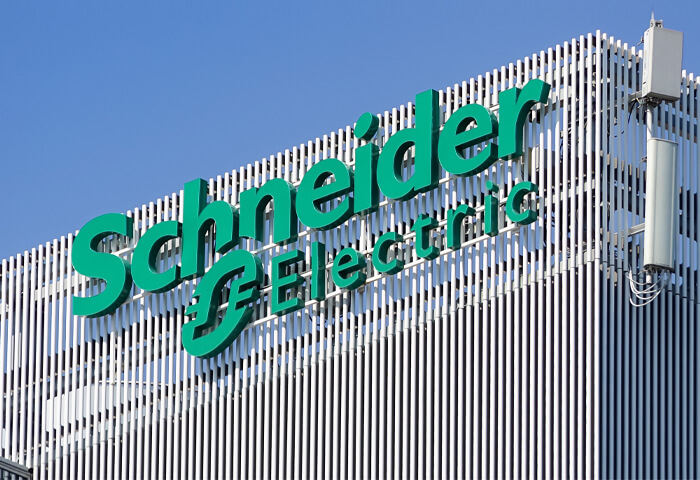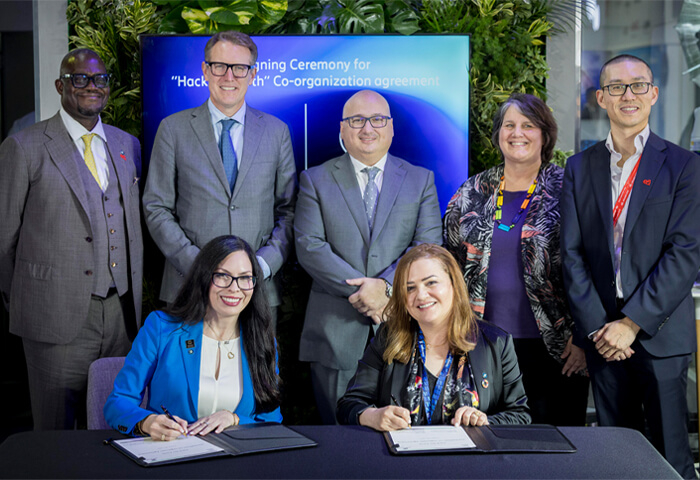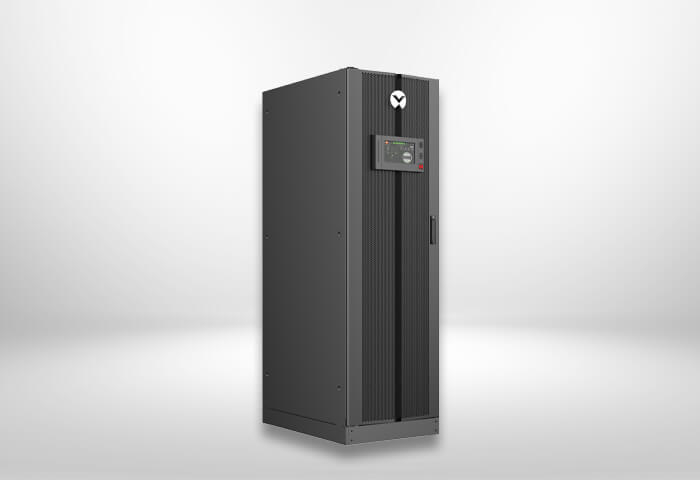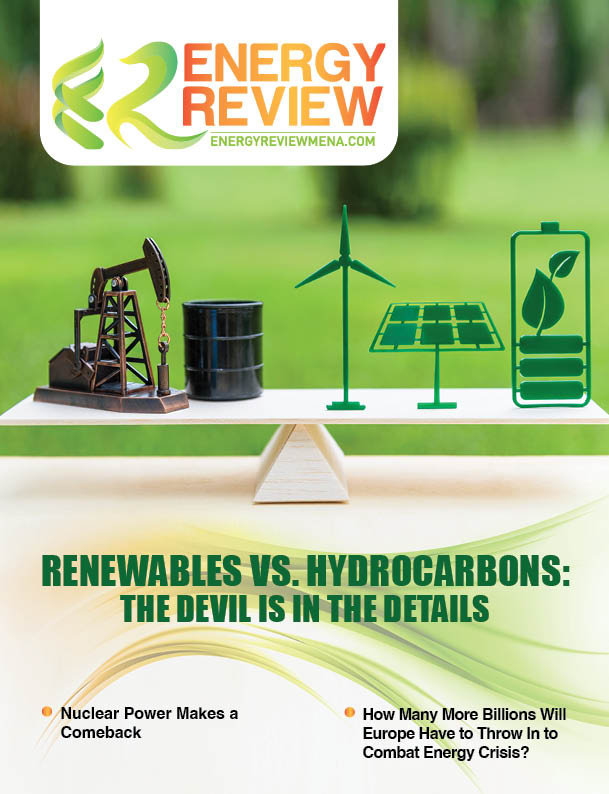In an exclusive interview with Energy Review, Benoît Verdier, managing director, Technip Energies, Abu Dhabi, a leading engineering and technology company for the energy transition, shares his company’s efforts in adding value to energy projects in the region and globally.
Please tell us about your new joint project with NPCC, “NT Energies.” How is it helping energy companies in the region?
Headquartered in Abu Dhabi, the new incorporated joint venture NT Energies supports energy transition in the UAE, the broader Middle East region and North Africa by providing added-value services in blue and green hydrogen and related decarbonization projects, CO2 capture and industrial projects in waste-to-energy, biorefining, biochemistry and other energy transition themes.
NPCC is a long-standing partner with Technip Energies. We have delivered many key energy projects, the most recent being the Umm Lulu project. By sharing the experiences, capabilities and know-how of our companies, NT Energies will be able to rapidly bring to life the energy transition infrastructures that the UAE and MENA regions require domestically and for exports, particularly in power-to-gas, blue/green hydrogen and ammonia, CO2 management, sustainable fuels and circularity. Our collaboration will help to develop local competencies, increase in-country value and advance technologies.
NT Energies is now a live company, since September 2022, when we obtained our commercial license in the UAE. We have started working on proposals and expect to be fully operational in 2023.
Technip Energies and NPCC are collaborating not only in the region but also in the Far East with a FEED for a carbon capture storage project in a gas field offshore of Kasawari.
How are you incorporating emerging technologies to address energy efficiency and decarbonization in your operations as well as for your customers?
Technology is key to decarbonizing the industry, and research and development is at the heart of the energy transition. To reduce emissions in our business, we are undertaking several initiatives:
• Eliminating methane leaks, flaring and venting.
• Scaling up the development and deployment of carbon capture, utilization and storage (CCUS).
• Switching fuels and improving the energy efficiency of operations.
• Utilizing lower-carbon feedstocks to offer low-carbon products.
At Technip Energies, we provide proprietary technologies and we are partnering to scale up technologies for industrial solutions. We have extensive expertise in technology integration within projects.
In energy efficiency, our solutions focus on increasing asset capacity and energy efficiency simultaneously by innovating the processing scheme. For example, our proprietary EARTH technology is ideal for energy-efficient hydrogen production. Based on recuperative steam methane reforming, EARTH is a pioneering drop-in solution that enables a capacity increase in the production of hydrogen while contributing to energy savings and an improved CO2 footprint. We are delivering a revamp project for Shell in the Netherlands, where we are replacing 16 ethylene furnaces with eight new furnaces. Thanks to our innovative design and proprietary technology in ethylene, we are maintaining capacity at the facility while increasing energy efficiency and reducing greenhouse gas emissions.
In decarbonization, we offer efficient, competitive and at-scale carbon capture solutions. For example, we have had an alliance with Shell since 2012 for Post Combustion Cansolv CO2 capture solutions. With this technology, Technip Energies can bring end-to-end project delivery experience in front-end engineering design (FEED), engineering, procurement and construction (EPC), commissioning and startup, as well as life-of-asset services. We are executing an EPC contract for Hafslund Oslo Celsio for a world-first CCS project at a waste-to-energy plant located in Oslo, Norway, leveraging Shell’s CANSOLV CO2 capture system technology. Last year, we launched BlueH2 by T.EN, our full suite of deeply decarbonized and affordable solutions for hydrogen production with up to a 99 percent reduction in carbon footprint compared to the traditional hydrogen process. In addition to targeting traditional low-carbon hydrogen production applications such as refining and ammonia manufacturing, BlueH2 by T.EN has been developed to support the decarbonization of numerous industries, including steel, cement, power, olefins and LNG, as well as facilitate clean energy carriers.
At Technip Energies, we focus on identifying and developing emergent technologies across the decarbonization chain. We have a proven track record of providing support to the development, scaleup, commercialization and licensing of emergent technologies. We have multiple R&D and technology centers worldwide and many industry affiliations and partnerships.
Who are your key collaborators, and what is your strategy to expand partnerships in the MENA region?
We are going through unprecedented changes in the energy sector. The transition to a lower-carbon energy system continues to accelerate, and the coming decades will likely see a rapidly changing energy landscape. Collaboration is key in this transition. Combined efforts between policymakers, end-users, consulting companies and technology providers are essential to scale up and fully decarbonize the industry. It is important to move away from the traditional customer-supplier relationship and develop collaborations to bring a sustainable future to our industry.
The MENA region is at a strategic location — a maximum of 30 shipping days away from the farthest part of the world. There is an enormous potential for the region to be the leader in hydrogen exports.
There is a growing importance for carbon capture, utilization and storage (CCUS) and a huge potential for enhanced oil recovery using CO2 across the MENA region.
We also see a strong potential for the electrification of assets across the region, such as the connection to the grid of the Barakah Nuclear Power Plant in the UAE and electrifying all offshore assets of ADNOC.
Digital transformation also plays an important role in reducing emissions and increasing efficiency and reliability.
All in all, Technip Energies’ strategy is to collaborate and cooperate with our clients in MENA to break down barriers and engineer a sustainable future together.

